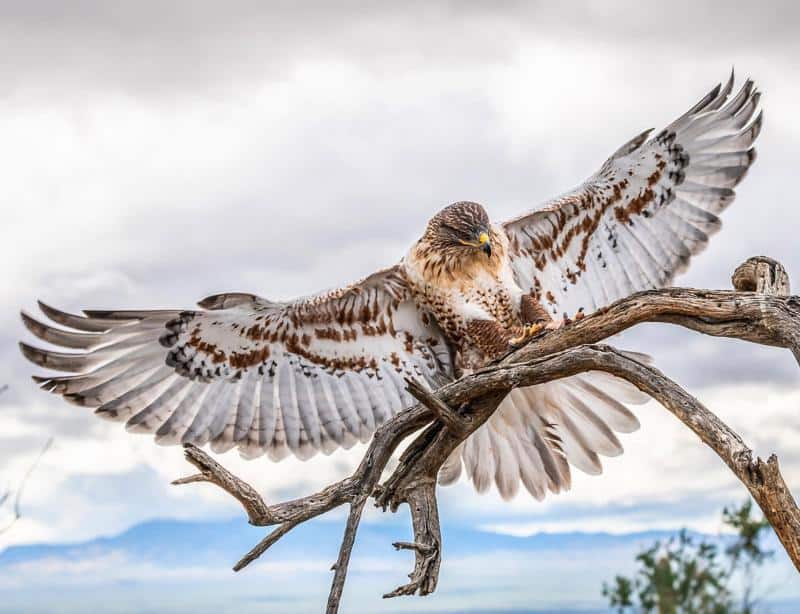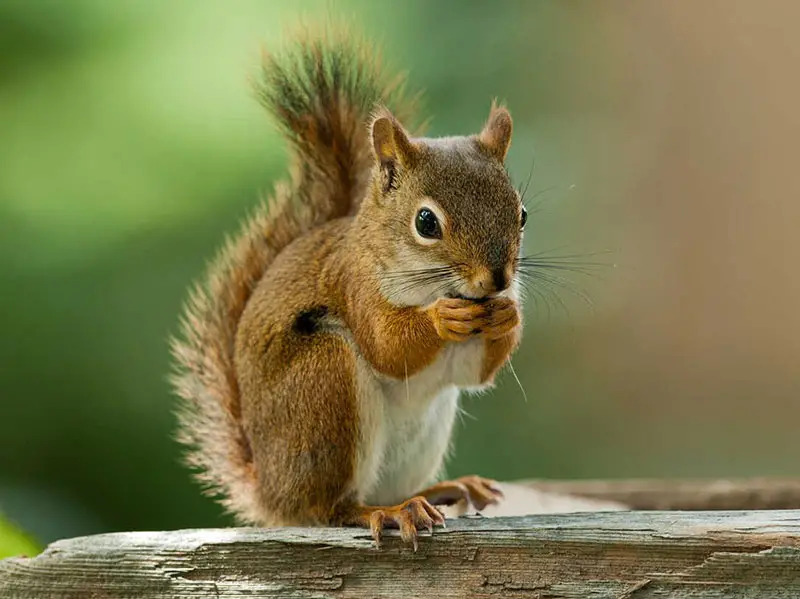Can budgies eat blueberries? Yes, budgies can eat blueberries. They can not only consume them, but they really like them. Budgies may also consume a wide variety of berries. The little berries are more like what our budgies would eat in the wild, so they typically go down well with them. This fruit, more than any other fruit or vegetable, is high in antioxidants.
Blueberries are one of the greatest berries for budgies to eat, and this is due to the fact that they are one of the best fruits for budgies in terms of size. Blueberries are rich in antioxidants and include a variety of vitamins and proteins.
Strawberries, blueberries, and any other edible fruits you have growing are all favorites of budgies. They’re also highly delicious and healthy for budgies, just as they are for people.
What Are the Benefits of Blueberries?
Blueberries are a semi-sweet berry that can be found in practically any store. Blueberries may be used in a variety of dishes, including pies, desserts, and fruit medleys. People aren’t the only ones who can benefit from this delectable super fruit.
Your budgies, like other animals that consume a plant-based diet, will benefit from blueberries. They’re also quite nutritious. Let’s look at it more.
What exactly is a blueberry?
As I said in the start, anytime I debate whether or not an animal can consume a specific meal, I prefer to look at the nutritional composition of that food. That way, we’ll know precisely what nutrition our parakeet is consuming.
With that in mind, 3.5 ounces (100 grams) of blueberry has the following macronutrients, according to nutrition data:
- Contains 57 calories
- 84% water
- 0.7 grams protein
- 10 grams sugar
- 2.4 grams fiber
- 14.5 grams carbohydrates
- 0.3 gram fat content
Blueberries, as you can see from the chart above, are low in calories and fat while being rich in fiber, water, and sugar. Because obesity is a prevalent concern among parakeets, it’s critical that you feed them low-calorie, low-fat foods. Blueberries are a fantastic match for your description! They’re also high in fiber, which will help with digestion.
Micronutrients
But that’s not the full picture; we’ve just looked at macronutrients so far, but these berries are also high in micronutrients (vitamins & minerals). Blueberries, in instance, are high in vitamin K1, vitamin C, and manganese.
One of the most essential vitamins for birds is vitamin K1, which aids in the movement of calcium throughout the body and promotes appropriate bone formation.
Vitamin C has anti-oxidant properties. Antioxidants protect against oxidative stress and free radical damage.
Manganese is beneficial to birds as well. It aids their development as well as the appropriate functioning of their bodies.
How to feed Blueberries to budgies?
You may be wondering how to offer these berries to your bird now that you know they’re safe to eat. Fortunately, it’s a simple procedure.
Wash the fruit (preferably, soak it for 10 minutes in a solution of water and baking soda) and give it to your bird. That is all there is to it.
Because blueberries are so little, they will fit into your bird’s beak without needing to be sliced, making feeding incredibly straightforward and convenient.
Precautions to feeding blueberries to parakeets
The most essential thing to remember is to wash the blueberries well before feeding them. Unfortunately, pesticides are present in practically all fruits and vegetables and blueberries are no different. The USDA Pesticide Data Program discovered a whopping 52 distinct types of pesticide residue on them. These are effective in keeping insects from eating the crops, but they are harmful to our birds.
Pesticides may be removed from berries by soaking them in a solution of baking soda and water. Studies have shown that this is the most effective approach for removing pesticides, thus I strongly advise you to use it.
The second thing you should keep in mind is not to overfeed your bird with these berries. They are nutritious, however they are also rich in sugar. It’s not a good idea to give your bird too much of it.
The third point to keep in mind is that you should not feed your bird canned blueberries. These are heavy in sugar and include preservatives, making them unhealthy for your parakeet. Dried fruit, on the other hand, is acceptable since it has almost the same nutritional content as fresh fruit.
Other Fruits That Parakeets Can Eat
If you don’t have any blueberries on hand, you may offer the parakeet a variety of different fruits.
Apples and bananas
You could, for example, feed bananas to the parakeet. Because bananas are high in antioxidants and potassium, they are considered safe to eat. Apples may be fed to the parakeet in the same manner.
It also contains a lot of vitamins and minerals. However, make sure the apples are devoid of apple seeds before giving them to the parakeet, since apple seeds are poisonous to the parakeet.
Strawberries and raspberries:
Other kinds of fruit, such as strawberries or raspberries, can be suitable for the parakeet to eat. You can find out what your pet likes! You shouldn’t, however, depend entirely on one fruit. It’s critical to give a nutritious, well-balanced meal that’s high in vitamins, minerals, fiber, and other nutrients.
Oranges
Offer Oranges to your pet if you wish to improve its immunity. You should, however, peel the oranges and remove all of the seeds. Attempt to remove all seeds from any fruits you want to offer your pet. Also, always double-check that the fruit you’re feeding your pet is safe!
Grapes
If you’re searching for a fruit to give your parakeet an energy boost, grapes are a good choice, but they’re heavy in sugar. As a result, you may retain it as a special gift for your parakeet.
It’s critical that you feed the parakeets only uncooked fruits. When you cook anything for too long, the key nutrients may be lost. Always double-check that the fruit you’re feeding your cherished pet is clean.
Nowadays, numerous chemicals are used on fruits, which is why it is ideal to cultivate your own fruits in your own garden. It would be feasible for you to take advantage of the situation! Fruit from your own garden would be a far healthier alternative for the parakeet.
Final thoughts on Can budgies eat Blueberries?
Blueberries are safe for parakeets to eat. When you have a pet like this for the first time in your life, you may have a lot of questions. It’s usually a good idea to know what your most feasible options are. If blueberries aren’t available, a safe substitute may be used. There are certain fruits that are okay for the parakeet to consume, but their seeds and pits are hazardous, so be cautious.





